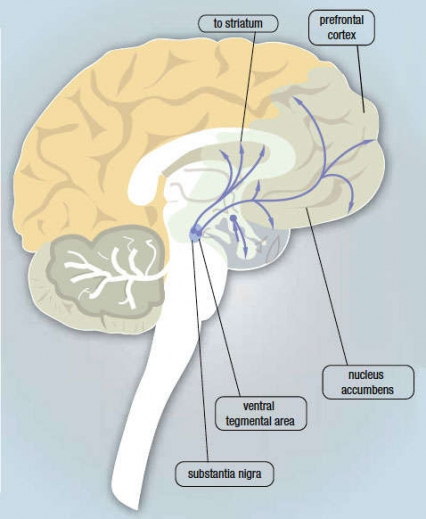New research shows that regular marijuana users show impairments in the brain’s ability to respond to dopamine – a brain chemical that is involved in reward, among other functions.
Although this research can’t determine if regular marijuana use causes deficits in brain reward centers – or if users take marijuana to compensate for less reactive dopamine systems – these results could help explain why regular marijuana users are more prone towards depression, anxiety, irritability, and increased sensitivity to stress.
The study, first-authored by NIDA Director Dr. Nora Volkow, was supported by the intramural research program of the National Institute on Alcohol Abuse and Alcoholism. For a copy of the study abstract (published online July 14), go to:
www.pnas.org/content/early/2014/07/10/1411228111.abstract.
For more information, contact the NIDA press office at media@nida.nih.gov or 301-443-6245.

